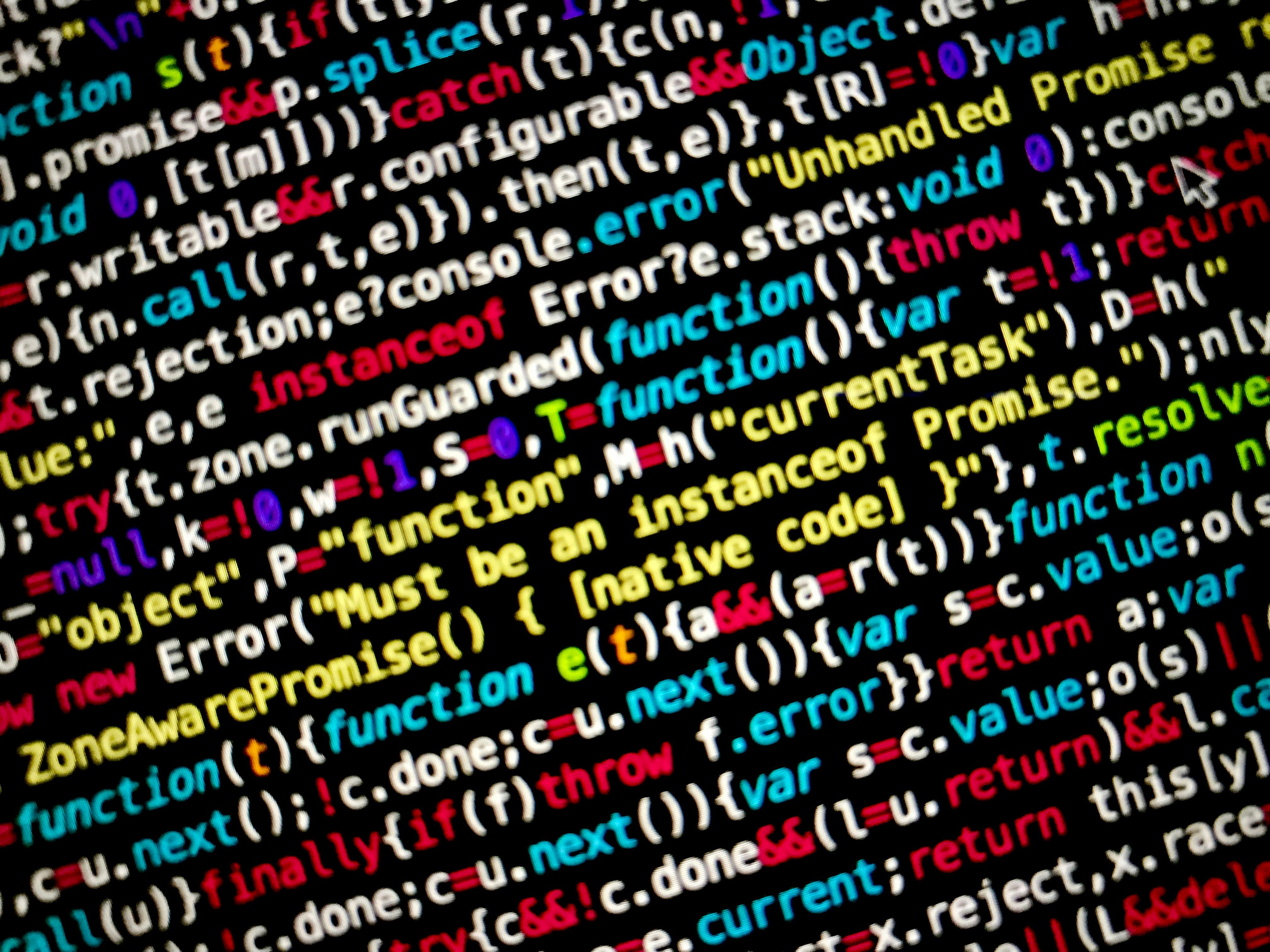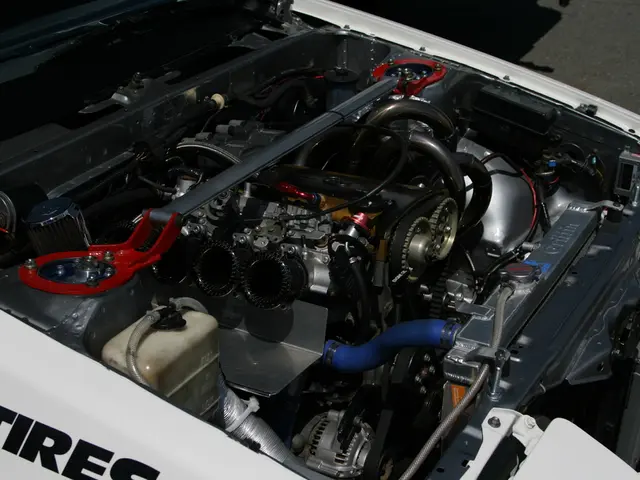Is the professional camera sector in Kazakhstan facing decline due to the emergence and widespread usage of smartphones for photography?
Assessing the Impact of Smartphone Photography on Traditional Cameras
In the rapidly evolving digital world, smartphone cameras continue to progress, offering increasingly superior photography capabilities that challenge the conventional use of traditional cameras. A discussion on this topic featuring photographer-artist Aigul Kurbanova and a journalist from Liter.kz provides insights on their comparison and theunique advantages each offers for different photographic scenarios.
Our contemporary society is dynamic, encompassing shifts in fashion, technology, art, and generations. Photography serves as a means to capture and preserve the history and appearances of our ancestors, and to preserve precious personal memories.
Quality on the Go vs Studio-Quality Images
The convenience of using smartphones to capture fleeting moments in daily life, particularly for social media, cannot be overlooked, but can they truly rival the image quality of professional cameras?
"Modern smartphones incorporate advanced HDR technology, enabling better photo presentation in varying lighting conditions. Night mode and other innovative features allow users to capture good-quality images without the need for a standalone camera. Despite swift advancements, they still trail behind the optical prowess of cameras in terms of larger sensors, superior zoom capabilities, improving stabilization, and specialized accessories," explains Aigul.
While smartphones have made strides in image capture, their smaller sensors hinder the level of detail, dynamic range, and color accuracy observed in professional cameras, particularly under low-light conditions and when prints are enlarged.
Identifying the Origin of a Photo
High-resolution smartphone photos can mimic the quality of professional photos taken with DSLR or mirrorless cameras, but upon closer examination, the distinctions remain evident.
As Ekaterina notes, "Although smartphones can implement high-resolution output, zooming in or printing the images may reveal imperfections in the photograph."
So when is a smartphone appropriate, and when is a professional camera necessary? For everyday snaps, travel, street, and even social media portrait shoots, smartphones can suffice. However, for serious photo sessions such as a wedding, a camera with a high-end lens is essential.
Artificial Intelligence and Apps
Artificial Intelligence (AI) applications, such as those with features like chat GPT, are currently popular among photographers striving to create unique snaps. Aigul, however, believes that artistry and human emotion cannot be replicated by AI.
AI has potential uses in the photography world, acting as a tool to speed up post-processing, generate unique backgrounds, or experiment with distinct visual effects. Yet Aigul insists that this is not a replacement for actual human photographers.
In conclusion, smartphone photography offers a level of convenience and technological features that challenge traditional cameras, but it fails to match the image quality, control, and versatility of professional cameras in many situations. Smartphones are an excellent option for casual and everyday photography, whereas dedicated cameras remain indispensable for professionals and enthusiasts seeking the highest possible quality and creative flexibility. As we navigate the world of modern trends, appreciating and accepting ourselves for who we are becomes crucial in the journey to master both technological advancements and the art of photography.
- Modern smartphones, equipped with advanced HDR technology, night mode, and other features, enable users to capture decent images without a standalone camera, but they still lag behind professional cameras in terms of larger sensors, superior zoom capabilities, improving stabilization, and specialized accessories.
- While smartphone high-resolution photos can mimic the quality of professional photos taken with DSLR or mirrorless cameras, upon closer examination, distinctions like imperfections in the photograph become evident.
- Artificial Intelligence (AI) applications are popular among photographers aiming to create unique snaps, but Aigul believes that artistry and human emotion cannot be replicated by AI.







